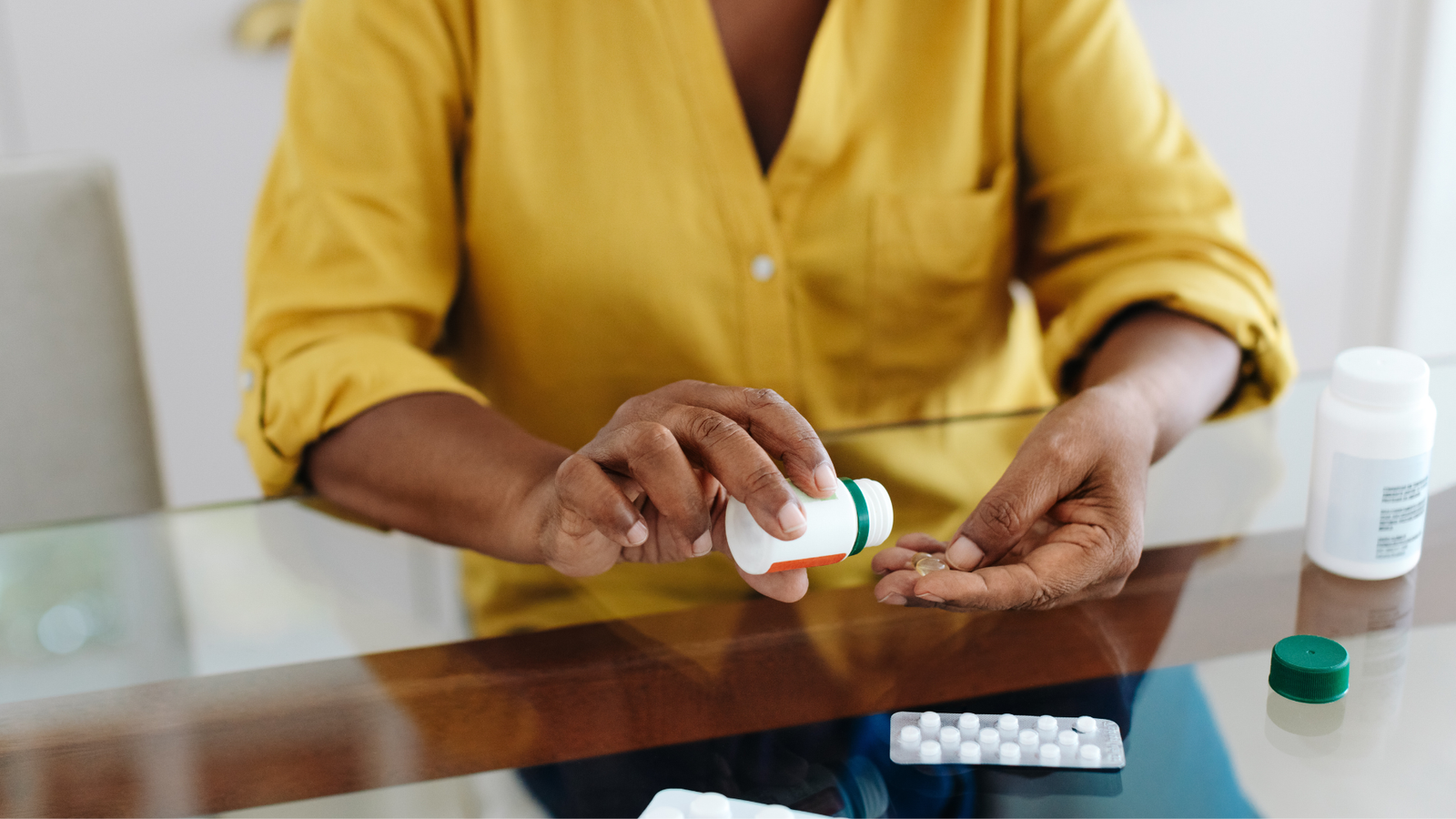BLUF (Bottom Line Up Front)
For a small number of pediatric seizure disorders, a purified cannabidiol (CBD) medicine—Epidiolex—has FDA approval (Dravet syndrome, Lennox-Gastaut syndrome, and tuberous sclerosis complex). Beyond these conditions, top pediatric organizations urge caution when it comes to cannabis use in children and adolescents.
Because state rules vary and families often face mountains of records and safety logistics, extra help can make a difference. That’s where a Pediatric Medical-Cannabis Care Manager (PMCCM)—an education-only role—and child & adolescent psychiatry step in. Together, they help families keep care organized, safe, and centered on development. (DEA, U.S. Food and Drug Administration, AAP Publications, Psychiatry.org)
VA lane separation: VA clinicians can discuss a Veteran’s cannabis use and will not deny VA care because of it. But VA does not prescribe or cover cannabis. Pediatric care for children usually happens outside VA programs. This guide is about family coordination, not VA treatment for minors. (Veterans Affairs, Public Health VA)
Why do families arrive at this topic?
For some Veteran families, the care journey includes tough challenges—refractory seizures, autism-related sleep struggles, chronic pain, trauma-related anxiety, or school burnout.
In certain states, families may legally explore medical cannabis with a licensed prescriber for specific conditions. Alongside that, a PMCCM may join the team to handle education and paperwork (never dosing or medical decisions).
Meanwhile, child & adolescent psychiatry ensures that development, safety, and learning stay front and center—whether cannabis is part of the plan or not. (State rules and clinical decisions vary; your licensed clinicians lead treatment choices.) (AAP Publications, Psychiatry.org)
Understanding the Role of a Pediatric Medical-Cannabis Care Manager (PMCCM)
PMCCM = Education and coordination.
Typical responsibilities include:
- Education (no dosing): Break down state rules and terms so families can ask clear, informed questions of the prescribing clinician.
- Paperwork & logistics: Collect records, track renewals, and coordinate across clinics—especially important during moves or deployments.
- Safety checklists: Support storage/lock boxes, accidental-exposure prevention, and school paperwork workflows.
- Simple tracking tools: Family-friendly logs for sleep, pain, seizure frequency, or behavior—so decisions come from patterns, not panic.
PMCCMs do not diagnose, prescribe, set doses, recommend products, or promise outcomes. All medical decisions remain with your licensed prescriber (pediatrics, neurology, etc.). (AAP Publications, Psychiatry.org)
Where child & adolescent psychiatry fits (and why it matters)
Psychiatrists help keep the human side of care strong by focusing on:
- Accurate formulation: Distinguishing between anxiety, sleep loss, pain behaviors, attention issues, depression, or trauma signals—and screening for safety risks.
- Development-first planning: Linking goals to sleep, school, social connection, and daily function. They coordinate with pediatricians/neurologists so no one treatment carries all the weight.
- Medication interaction awareness: While not directing cannabis use, psychiatrists watch for drug–drug interactions and mental health risks, alerting prescribers early.
- Family stress & school supports: Writing letters for 504/IEP plans, supporting caregivers, and working with schools. (Schools have disability-rights obligations under Section 504, though details differ by district and state.) (U.S. Department of Education)
Evidence snapshot: what is and is not established (2025)
- FDA-approved CBD medicine for pediatric seizures
Epidiolex is FDA-approved for seizures in Dravet, Lennox-Gastaut, and tuberous sclerosis complex. It’s a purified CBD drug under prescription—not a dispensary product.
(DEA, U.S. Food and Drug Administration) - Major pediatric bodies urge caution beyond FDA-approved use.
The American Academy of Pediatrics (AAP) and the American Academy of Child & Adolescent Psychiatry (AACAP) recommend against cannabis use in children/adolescents outside specific, evidence-based cases. They cite developmental vulnerability and exposure risks. (AAP Publications, AACAP) - Safety and exposure trends
In states with legalization, pediatric cannabis exposures—especially from edibles—have risen among children under 6, sometimes leading to ER visits. Safe storage and caregiver education lower these risks. (AAP Publications, JAMA Network) - Adolescents, driving, and risk perception
Cannabis impairs driving, yet many teens underestimate the risk. Counseling about driving, school performance, and machinery safety is a must. (CDC)
Interpretation note: Most research outside FDA-approved CBD is observational. Findings show associations, not causation. Family decisions should remain clinician-guided and state-law compliant.
School, storage, and real-life logistics
- School coordination: Families typically manage 504/IEP supports with school teams. Rules differ on whether and how medical cannabis may be administered. PMCCMs keep forms organized; child psychiatry helps tie school goals (attention, behavior, absences) to the health plan. (U.S. Department of Education, cdn-files.nsba.org)
- Storage & accidental exposure: Always use locked storage and child-resistant packaging. Rising edible exposures highlight the importance of safe storage education. (AAP Publications)
- Driving-age teens: Talk openly about impairment risks and local laws. Even if state law allows use, impaired driving is unsafe and illegal. (CDC)
A practical, development-first pathway (cannabis optional)
- Start with visible, family-chosen goals: e.g., “Sleep through the night 3×/week,” “Fewer school calls,” “One meltdown-free morning routine.”
- Psychiatric lens early: Screen for trauma, anxiety, depression, attention issues, or substance-use vulnerability.
- Medical leadership = licensed prescriber: If state law allows, only the prescriber decides whether cannabis therapy is appropriate and how it’s monitored. (AAP Publications)
- PMCCM organizes the details: Records, renewals, safe-storage checklists, and outcome logs feed clear info back to the prescriber.
- Therapies that fit real life: Parent coaching, CBT, sleep routines, pain strategies, and school supports.
- Review and adjust: Teams check progress every few weeks using a “mini-dashboard” (sleep, absences, meltdown count, seizure days).
Red flags—seek care promptly
- New confusion, severe agitation, suicidal thoughts, or self-harm behavior
- Panic that won’t settle, or loss of contact with reality
- Accidental ingestion or suspected overdose
- Fever, stiff neck, breathing trouble, or prolonged seizure
- Sudden school refusal after bullying or online exploitation
Use emergency services or call 988/911 as appropriate.
What good care doesn’t do
- Push cannabis, sell products, or promise cures
- Ignore school and sleep.
- Keep secrets from caregivers or exclude families.
- Blame a child for symptoms outside their control.
If you feel pressured or confused, ask for clarification—or seek a second opinion.
What “progress” looks like (beyond test scores)
- Bedtime turns from a battle into a routine
- Mornings de-escalate more quickly.
- Fewer urgent school calls
- More play, small wins, and finished projects
- Caregivers feel less “white-knuckle” by dinner.
These real-life gains—tracked on your family’s dashboard—help the team decide whether to continue, adjust, or stop parts of the plan.
VA-first notes for veteran families (policy snapshot)
- Discussion allowed; coverage not provided: Veterans are not denied care for cannabis use, and VA clinicians can discuss it. But VA does not prescribe or pay for cannabis.
- Pediatric care: Typically happens outside the VA. Confirm local policies, as they may change. (Public Health VA, Veterans Affairs)
Careful takeaway
For seizures linked to specific syndromes, Epidiolex offers an FDA-approved pathway under physician care. Beyond that, pediatric experts urge caution. Families should prioritize safety, development, and school function—always guided by state law and licensed clinicians. PMCCMs help organize the logistics; child psychiatry ensures the plan stays development-centered, no matter the medical choices. (U.S. Food and Drug Administration, AAP Publications, Psychiatry.org)
Sources (selected)
- FDA / DEA: Epidiolex (cannabidiol) approvals and scheduling (Dravet, Lennox-Gastaut; TSC expansion; Schedule V). (U.S. Food and Drug Administration, DEA)
- AAP & AACAP policy statements: Caution on pediatric/adolescent cannabis outside evidence-based indications. (AAP Publications, AACAP)
- Pediatric exposures: Edible cannabis exposures among young children after legalization; ER visits emphasize safe storage. (AAP Publications, JAMA Network)
- Teens & driving: CDC guidance on impairment and teen driving. (CDC)
- Schools & disability rights: U.S. Dept. of Education Section 504 guidance; example school policy resources. (U.S. Department of Education, cdn-files.nsba.org)
VA policy: VHA Directive 1315 and VA public guidance (discussion allowed; no VA prescribing/paying for cannabis). (Veterans Affairs, Public Health VA)
IMPORTANT NOTICE
Educational use only. No medical or legal advice.
Mendry is a 501(c)(3) nonprofit, not a government agency, and not affiliated with the VA or any federal or state agency.
Mendry does not provide treatment, prescribe or sell cannabis, or collect PHI.
Healthcare decisions are yours and your licensed clinicians’ only.
Emergency: 911 | Veterans Crisis Line: 988 (Press 1)

